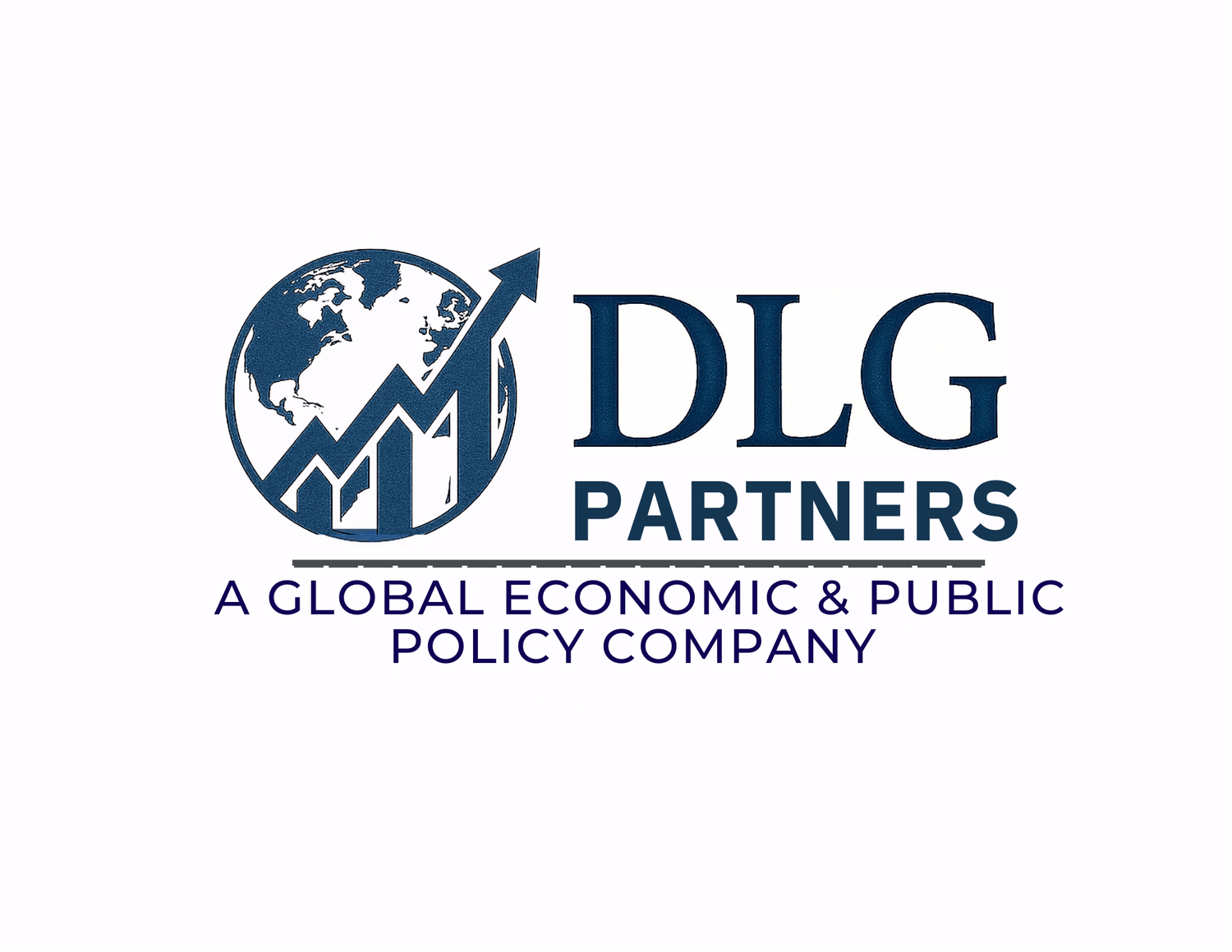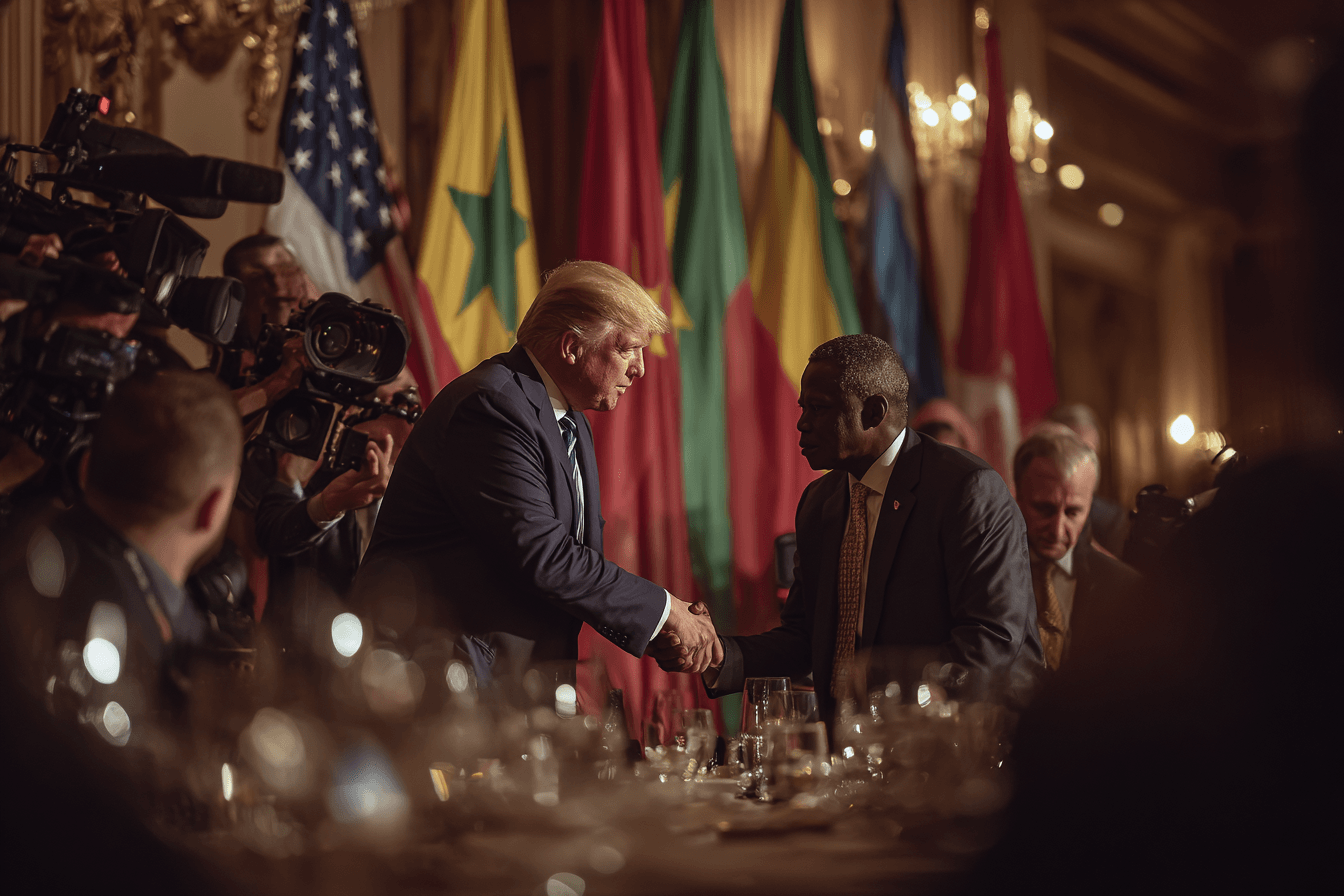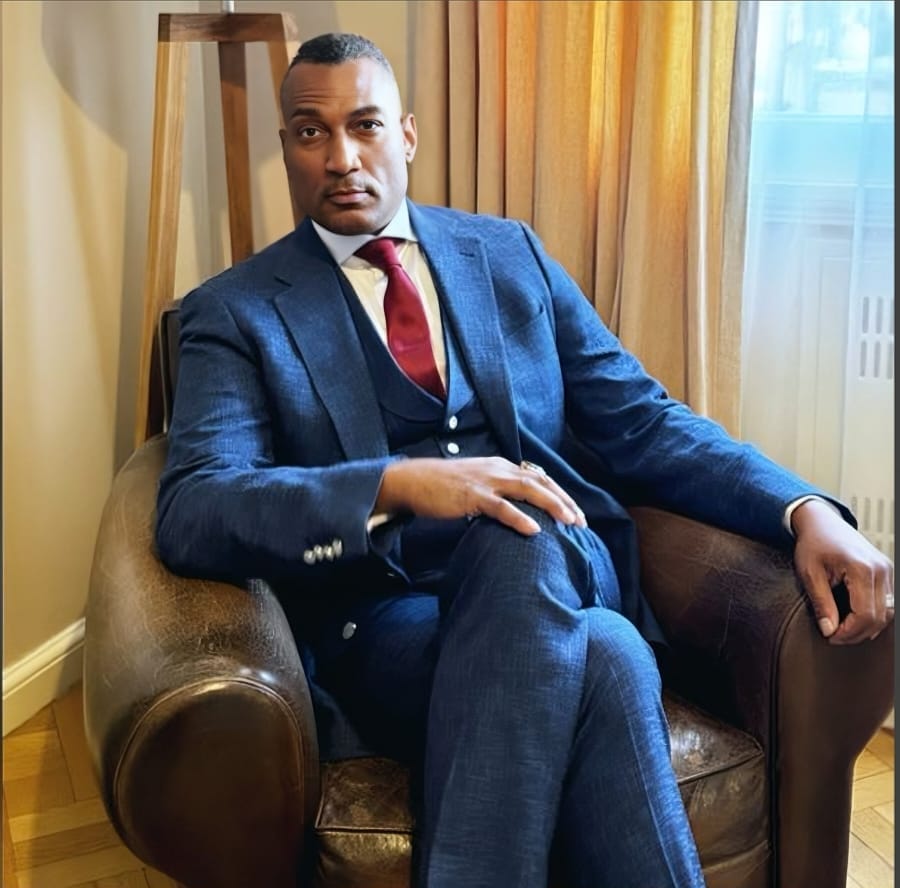
THE PIVOT OF POWER: ECHOES OF HISTORY IN AMERICA’S ENGAGEMENT WITH AFRICA
In the long history of humankind (and ongoing wars), freedom is never given; it is fighting every day for it.”
These words by Nelson Mandela remind us that the pursuit of influence on the global stage remains an enduring and dynamic contest, one that demands both strategic patience and bold action. As President Donald Trump prepares to host the inaugural African leaders’ summit of his second term next week in Washington, this age-old dance of diplomacy takes on renewed significance, an intricate step in the evolving choreography of great powers vying for influence.
The upcoming July 9-11 gathering, with leaders from Gabon, Guinea-Bissau, Liberia, Mauritania, and Senegal in attendance, marks a milestone in U.S.-Africa relations. Confirmed amid cautious intrigue, this summit’s timing reveals itself as more than mere coincidence. Like a seasoned chess master, Washington appears to be positioning its pieces, focusing sharply on West Africa’s burgeoning critical minerals sector and regional security, areas that have ascended as central themes in American foreign policy.

The Analogy of Strategic Endgames
Consider history’s great empires, Britain during the empire’s twilight, France navigating its post-colonial identity, or the Soviet Union’s Cold War chess matches. In each case, influence was attained not solely through conquest, but through calculated engagement, selective and strategic. The U.S., like an aging but astute chess player, now seeks to reposition itself, leveraging its economic and diplomatic pawns in regions vital to global stability and economic resilience.
Africa, rich in minerals essential for the modern digital age, rare earth elements, cobalt, lithium, has become a focal point, much like the Suez Canal or the Cape of Good Hope once were in times past. These resources are the new geopolitical gold, and investment or influence in these sectors could determine regional and indeed, global power dynamics.
Timing and Significance
The summit’s timing offers further intrigue. While a broader US-Africa summit is scheduled for September in New York, a moment symbolizing diplomatic grandeur, the Washington meeting may serve as the opening gambit, capitalizing on a rare moment of intensified U.S. diplomatic activity in Africa. This post-ceasefire gesture, brokered at the White House, in the conflict-ridden heart of Central Africa, echoes historic moments when diplomatic breakthroughs paved the way for tangible influence. It echoes JFK’s words,
“Let every nation know, whether it wishes us well or ill, that we shall pay any price, bear any burden, serve any friend, to assure the survival and the success of liberty.”
This summit isn’t just about diplomacy; it’s about positioning, an effort to solidify alliances, showcase U.S. economic opportunities, and counterbalance competing powers vying for influence across the continent.
The Broader Implication
In the grand tapestry of history, Africa’s relationship with Western powers has oscillated between exploitation and partnership, sovereignty and subjugation. Today, Washington’s renewed focus echoes debates from the age of imperialism, how to engage without entrapment, how to invest without dependency, and how to foster stability without neo-colonial overreach. It’s a delicate balance, an intricate dance where the steps are learned through history’s lessons.
As President Trump engages this new chapter of African diplomacy, the stakes are clear: influence in Africa is no longer solely a matter of geopolitics, but a foundational element of global economic resilience. The region’s critical minerals are not just commodities, they are the backbone of the digital era, the batteries of a green energy revolution, and the engines of future technological advancements.
This summit, though modest in scale, signifies a broader strategic pivot- one that draws from history’s lessons and signals America’s intent to remain a pivotal player amid a multipolar world. As Winston Churchill once remarked,
“To each, there comes in their lifetime a special moment when they are figuratively tapped on the shoulder and offered the chance to do a very special thing.”
The question remains, will this moment be merely a fleeting gesture, or the foundation of a renewed, long-term partnership rooted in mutual benefit, sovereignty, and shared interest? The answer will unfold in the coming months. But in the echoes of history, we recognize that influence, like resilience, is built both in moments of decisive action and patient diplomacy, an enduring legacy for those who dare to shape the future with both wisdom and resolve.

Oliver N.E. Kellman, Jr., J.D. Managing Partner & Executive Managing Director
“Influence, like resilience, is built both in decisive moments and in patient diplomacy.”
— Oliver Kellman
Follow me
ABOUT
Created with © systeme.io



